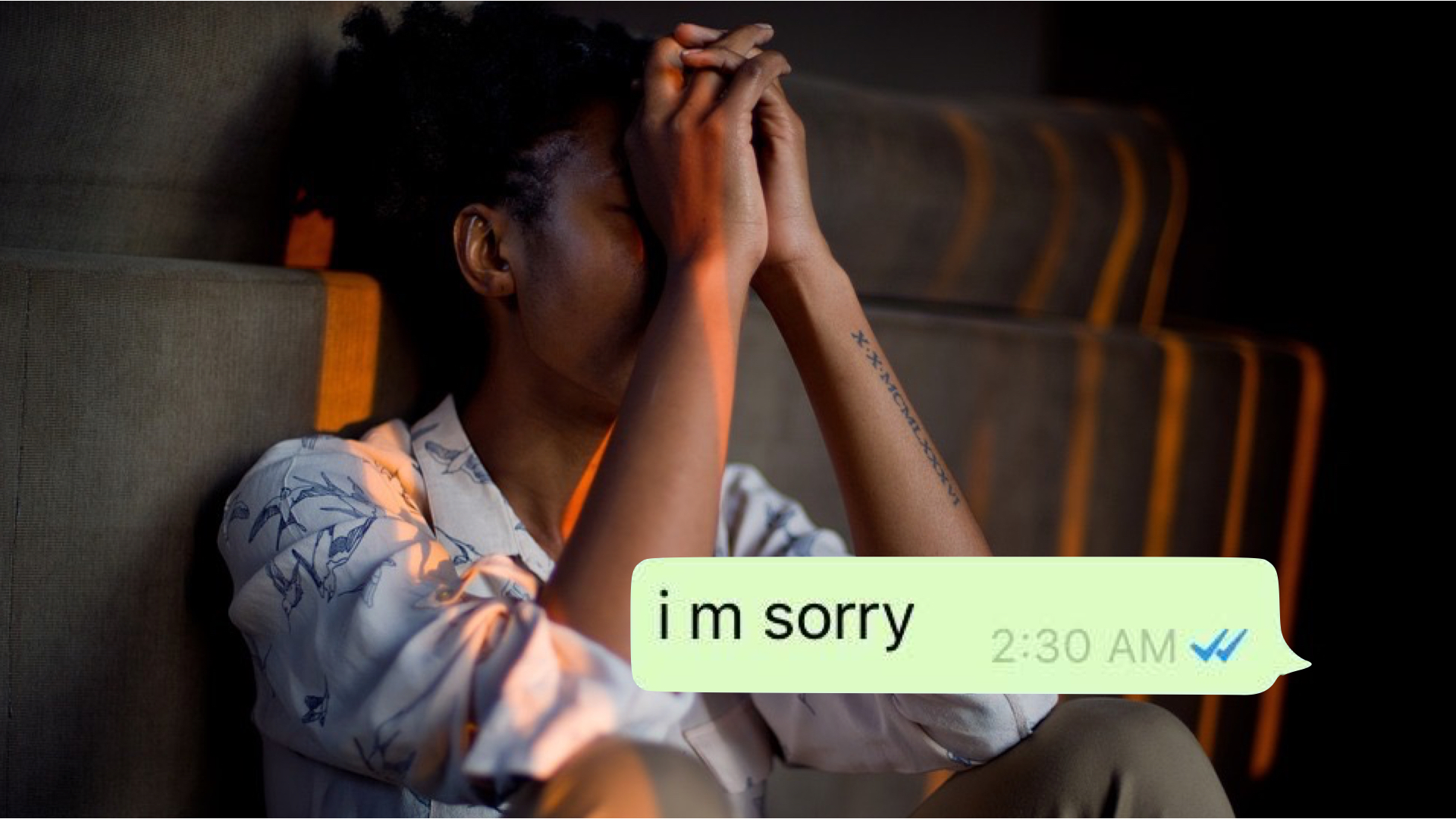Ask any of my friends – none of them would hesitate [at all] to tell you that, I, Giani, am single-handedly the worst texter they have ever encountered in their lifetime. This definitely has some truth to it. To be honest, I’m probably postponing a text while writing this post right now.
I read a text message, think to myself “let me just finish this one thing and I will immediately text her back” and before you know it; one week and three days have gone by, I missed twelve appointments and it is most likely too late to text back that one classmate that asked to borrow a pen during our research workshop.
Truth be told, it never is my purpose to ignore any of the texts I get. Some of the people that receive the silent treatment are people I talk to on a daily basis, and people that I love very dearly. However, just a few days ago, I received the following text from one of my closest friends;

Of course, I was stunned at this response to my absence, and I immediately went online to apologize to her. This altercation did make me wonder though:
Why is it that we nowadays construct real concerns based on digital interactions with the people that we love?
At least one of you will easily jump in and say that these interactions are experienced by real people; making the emotions that are felt just as genuine. I have a real relationship with this girl (Mom, she is just a friend) and my inability to reply made her feel like I was purposefully trying to socially distance myself from her.
But truly, it is the misinterpretation of the interaction that spoke the issue in existence, an issue that was never there to begin with.
Occurrences like these are increasing as social networking sites and apps become the basis of social interaction – especially daily communication. It is creating issues that exist solely due to textual miscommunication.
Just look at that application for example. We cannot always talk to our lovers in real life or even on the phone, making WhatsApp an ideal platform to communicate on. And yet, rather than it being a complementary part of real-life conversation, these texts conversations have grown to be just as frequent and therefore just as important as dialogues you would have had while looking each other in the face.
This can be a little problem for people that are ‘bad texters’. Certain expectations about your social media behavior can result in altercations when these expectations are not met. This should not be a problem for the regular smartphone user. But if you’re anything like me, you might be too busy throughout the day to check frequently, resulting in at least one angry friend a week. Truth be told, in a real-life setting you would never talk to anyone as frequently as you’re expected to do on social media apps. So, it does not matter if you’re a loving person who is an excellent communicator and has so much dedication for their friends: The blue ticks don’t lie, honey!
Is this fair though? Is it fair if I’m just a busy person that does not text back frequently, even if my love is deep and dedicated?
Maybe it is time for us to take social media apps less seriously in our relationships. What matters is not the time at which he responds to you or the filter he uses when he replies to your Snapchat, what matters is the person behind the cellphone.
This is where the love originates, so let’s concentrate on getting back to the core.
Author: Giani
Editor: Ayesha


